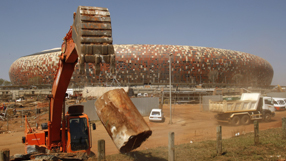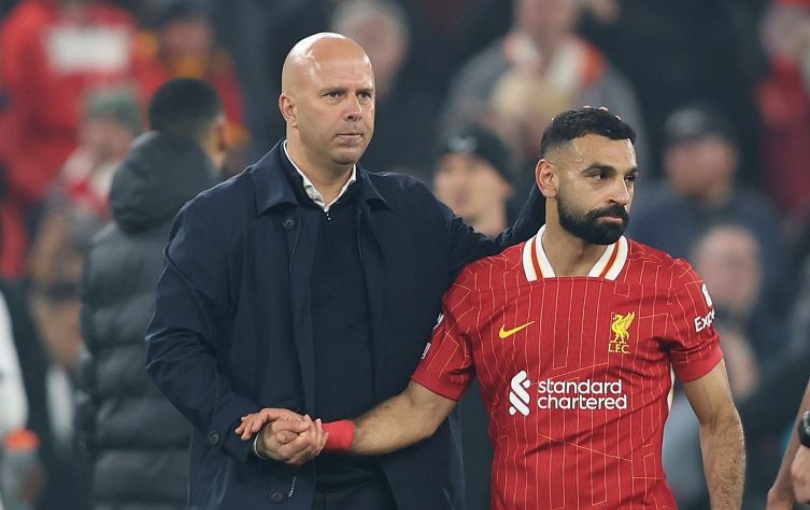Stadium construction on track for World Cup
JOHANNESBURG - All 10 stadiums for next year's World Cup are on track to be ready months ahead of the June 11 kick-off, South African officials said on Wednesday.

"A vast majority of the stadiums are either complete or nearly complete," Derek Blanckensee, a senior official of the local organising committee, told a news conference at the showpiece Soccer City stadium in the sprawling Soweto township.
"Everything is on track. There are one or two minor problems, but there were no alarm bells or anything major to worry about," he added after leading an inspection tour of five newly built stadiums and the upgraded Soccer City.
Organisers say up to 450,000 foreign visitors are expected for the World Cup, being held for the first time in Africa.
South Africa has entered recession for the first time since 1992 and a series of construction strikes earlier this year raised concerns that the stadiums would not be ready in time.
But local organising committee boss Danny Jordaan said all venues would be ready by the final tournament draw in December.
"We go there with full confidence, that everything will be ready for a wonderful world cup," Jordaan said.
FIFA expressed concern in July about other logistical problems, headed by transport and accommodation, with a reported shortfall of 15,000 rooms for the competition.
Get FourFourTwo Newsletter
The best features, fun and footballing quizzes, straight to your inbox every week.
But Ron DelMont, head of FIFA's South Africa office, told the news conference: "We also looked at specific venues, team hotels and FIFA accredited accommodation. We are happy to report that we are comfortable with what we saw."
Organisers said 575 buses to provide transport during the competition have been delivered as part of a new mass transit system.
South African Finance Minister Pravin Gordhan earlier this month said there was a funding shortfall of 2.3 billion rand ($315 million) for construction of new stadiums and this would have to be met by the host cities.
The biggest challenge facing organisers and the South African government is expected to be crime, with recent statistics showing little progress in cutting violent offences.
South Africa has one of the world's highest rates of murder and rape outside a conflict zone.
President Jacob Zuma has expressed support for plans by South Africa's new police chief to widen the powers of his officers to shoot to kill in a draconian attempt to cut murders, robberies and carjackings.
